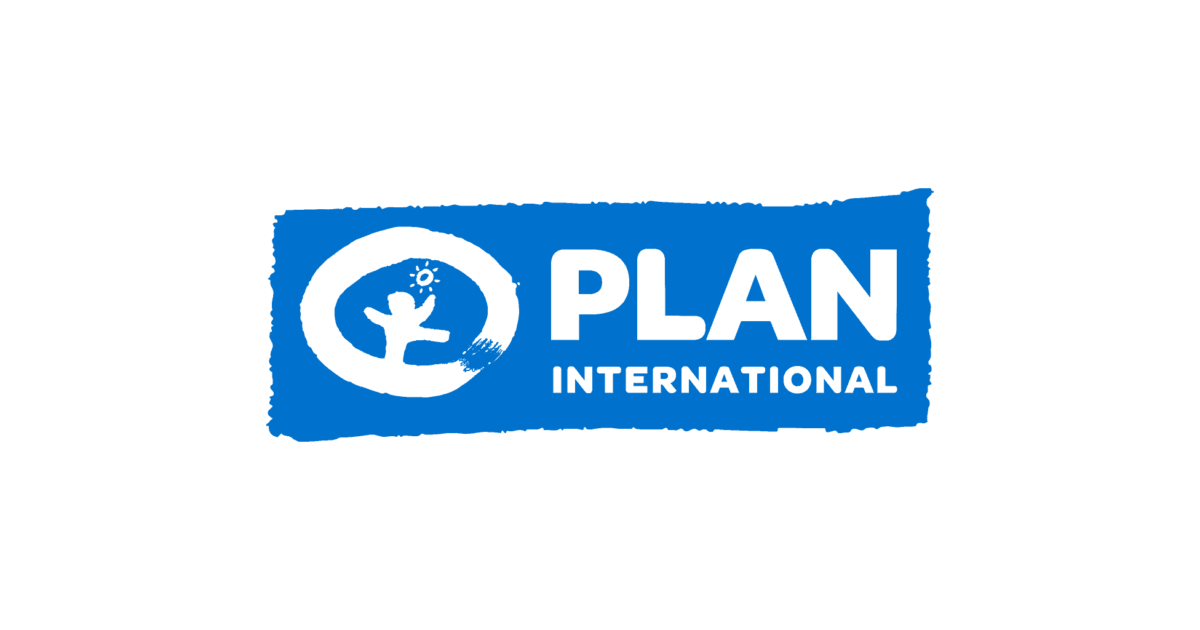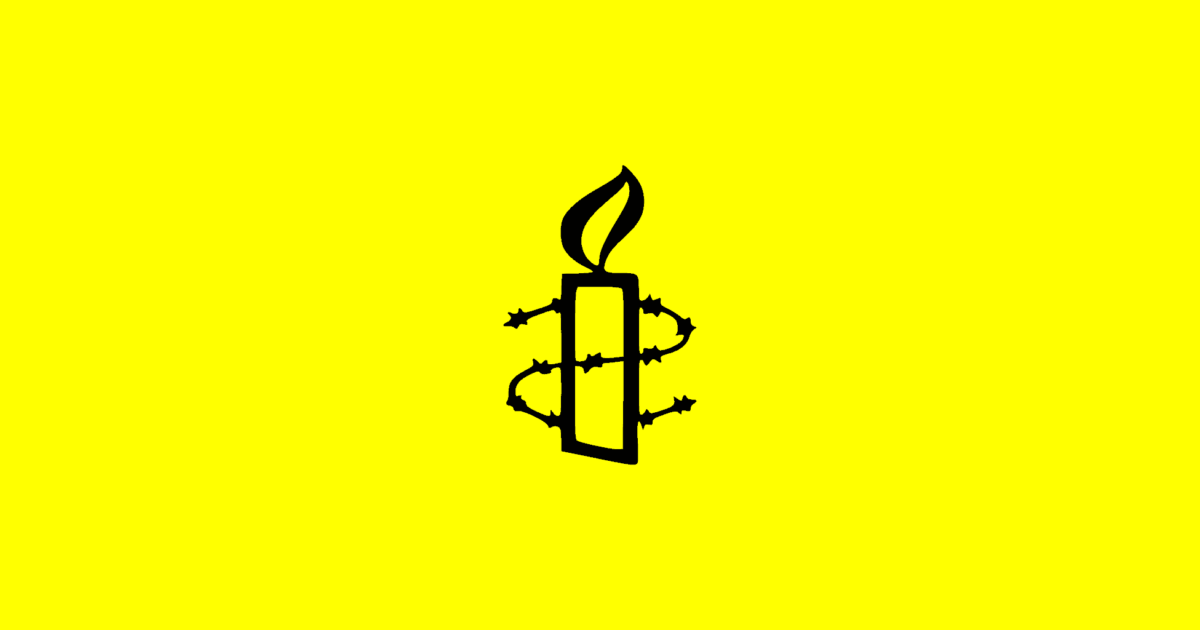Sierra Leone
Sierra Leone
Women in Sierra Leone were instrumental to the efforts of the international community to counter the Ebola crisis, and remain a key part of rebuilding the country after the civil war (1991-2002). However, women live under a patriarchal society, remaining largely excluded from politics, land ownership, and legal autonomy, and facing high levels of discrimination and sexual violence including marital rape, early marriage, and female genital mutilation/cutting (FGM/C).
Many of the obstacles faced by women increased in the wake of the 2014-2015 Ebola crisis, with sexual violence alone increasing by an estimated 40% (Humanist Watch Salone). Women’s groups have been advocating at the local and regional level to raise awareness of and address the particular negative consequences the crisis had on women and girls.
Based on the work of NGOWG members and their partners, the NGOWG advocates for the Security Council to monitor and evaluate the situation in Sierra Leone in the recent absence of a UN mission, the last of which was the 2008-2014 UN Integrated Peacebuilding Office in Sierra Leone (UNIPSIL). UNIPSIL’s mandate recognized the role of women in conflict prevention and resolution and included a gender perspective in the mandate’s implementation, and the Security Council should continue to advocate that such perspectives be implemented in domestic policies.
Current and Past Recommendations to the UN Security Council (Monthly Action Points)
The Security Council is due to receive the Secretary-General?s next report on Sierra Leone, and will be discussing renewal of the UNIPSIL mandate (SCR 1941), which expires on 15 September 2011. Given preparations for elections in 2012, and that wide-spread sexual and gender-based violence is a legacy of Sierra Leone?s conflict, the report should include detailed information on why women continue to be under-represented in the political arena. This includes lack of human capital, political networks, and the intimidation and violence due to tensions with customary governance structures. The report and mandate should provide concrete recommendations and steps on addressing these barriers, such as how to implement the 2007 Gender Laws and the establishment of dedicated Family Support Units by the police. The UNIPSIL mandate should support the implementation of Sierra Leone?s National Action Plan on SCR 1325.
Relevant Resources









